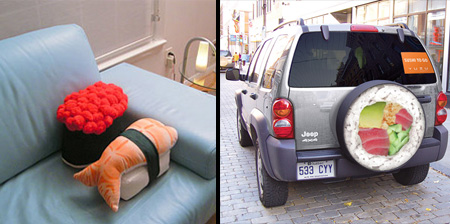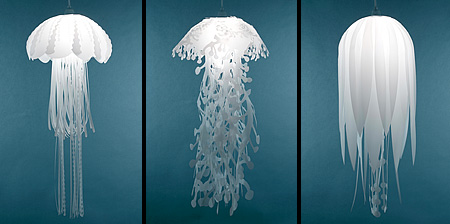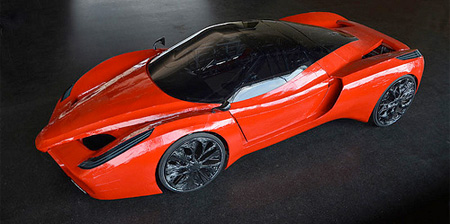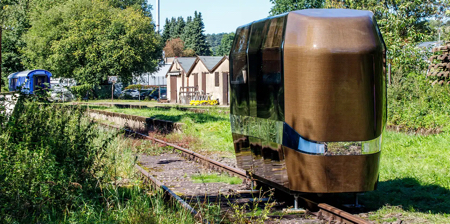
Innovative rail project in Germany wants to transform public transportation in sparsely populated areas with small, self-driving monorail cabs.
MONOCAB OWL gyro-stabilized monorail project seamlessly integrates with current public transport options and was designed to meet the diverse needs of families, commuters, students, and tourists.
Instead of full-size trains, monorail system employs small, self-driving cabs that can carry 4-6 passengers, traveling in both directions.
Autonomous cabins can be summoned on-demand, much like ordering a ride-share service, providing a flexible and immediate transport solution.
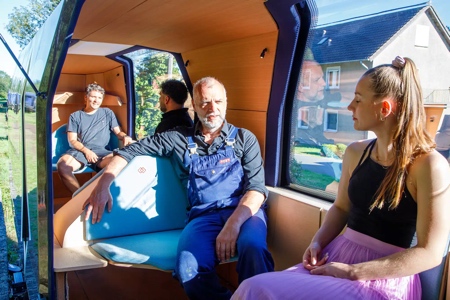
MONOCAB utilizes existing railway infrastructure, minimizing environmental impact and reducing the need for new construction.
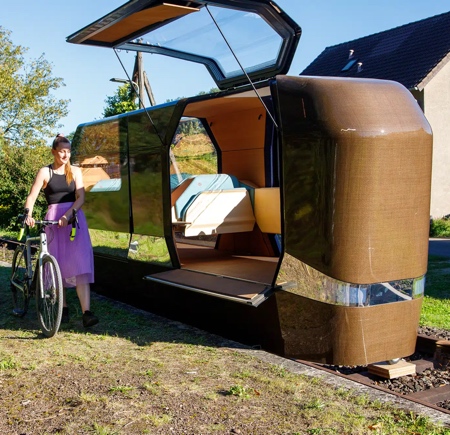
Reactivating old railways with MONOCABs is more economical than building new transport systems.
MONOCAB leverages existing tracks, saving on infrastructure costs and making it an affordable option for many regions.
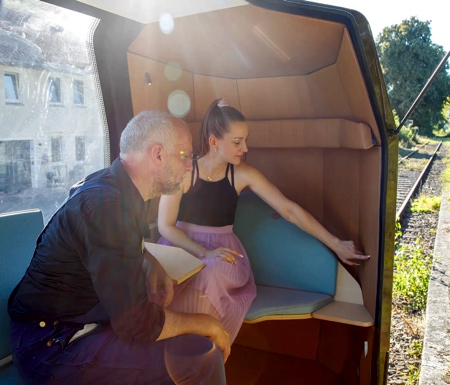
Unlike conventional monorail systems, the MONOCAB stabilizes itself on a single rail without mechanical support, allowing for smooth and safe travel.
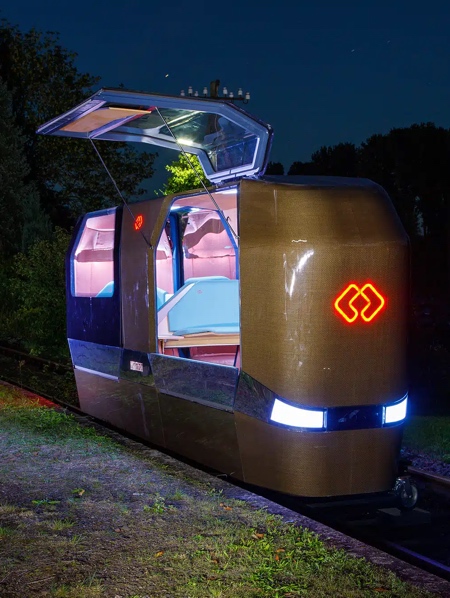
The narrow vehicle body permits cabs to travel in both directions on the same track, enabling continuous circulation similar to a paternoster lift.
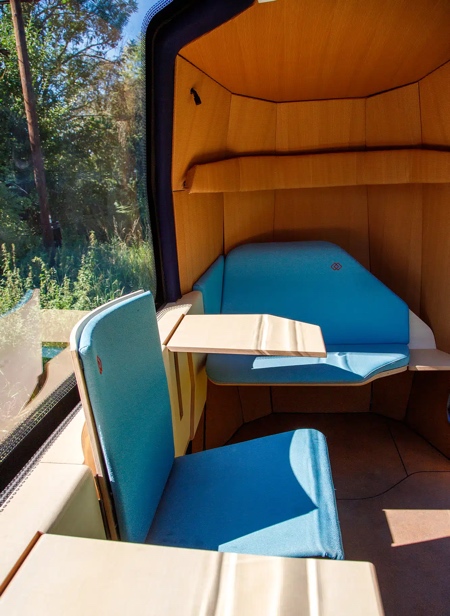
MONOCAB self-driving technology and app-based booking system represent a modern approach to transportation.
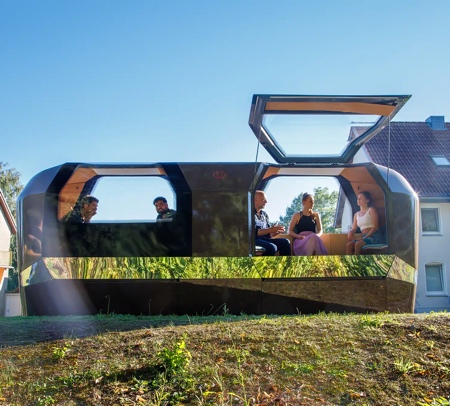
Available 24/7, MONOCABs can be ordered via an app, ensuring no more long waits for infrequent rural buses.
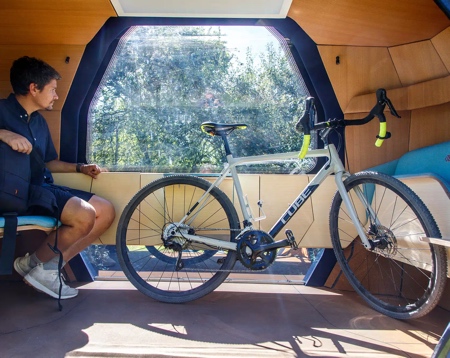
MONOCAB OWL project bridges the gap between public transport and private cars, enhancing mobility, quality of life, and social equity in rural areas.
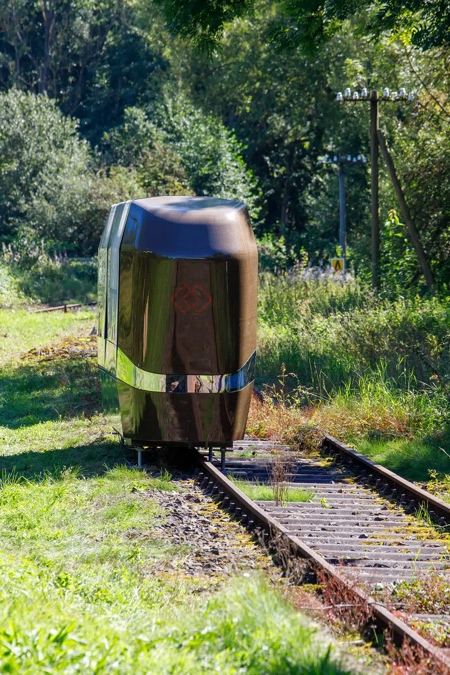
By utilizing disused railway lines, the MONOCAB offers a cost-effective and environmentally friendly transport option that revitalizes old infrastructure.
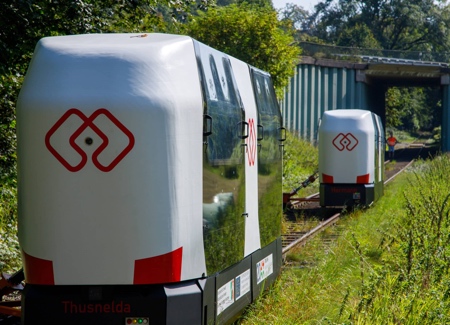
Also check out: Human Powered Monorail Racetrack


